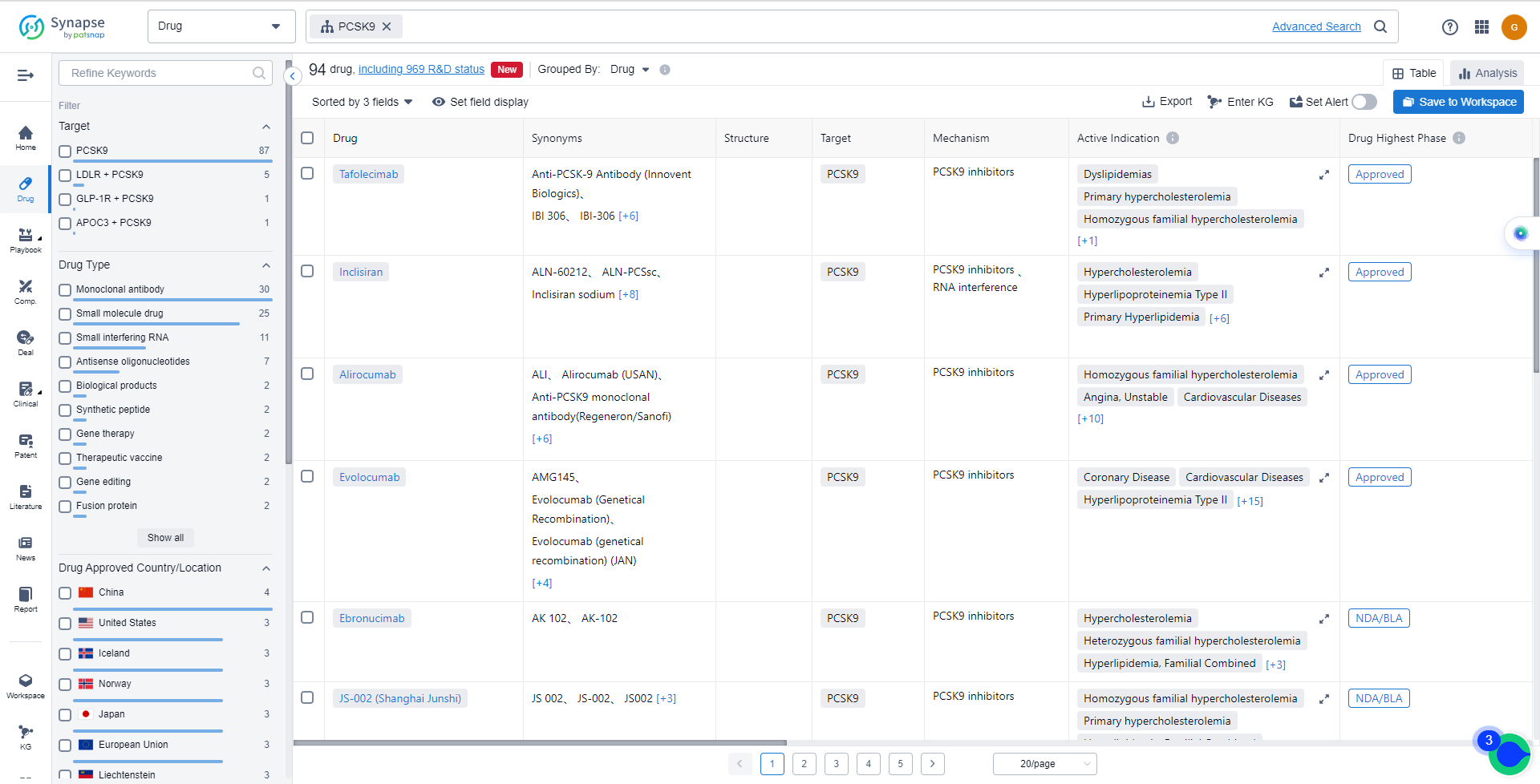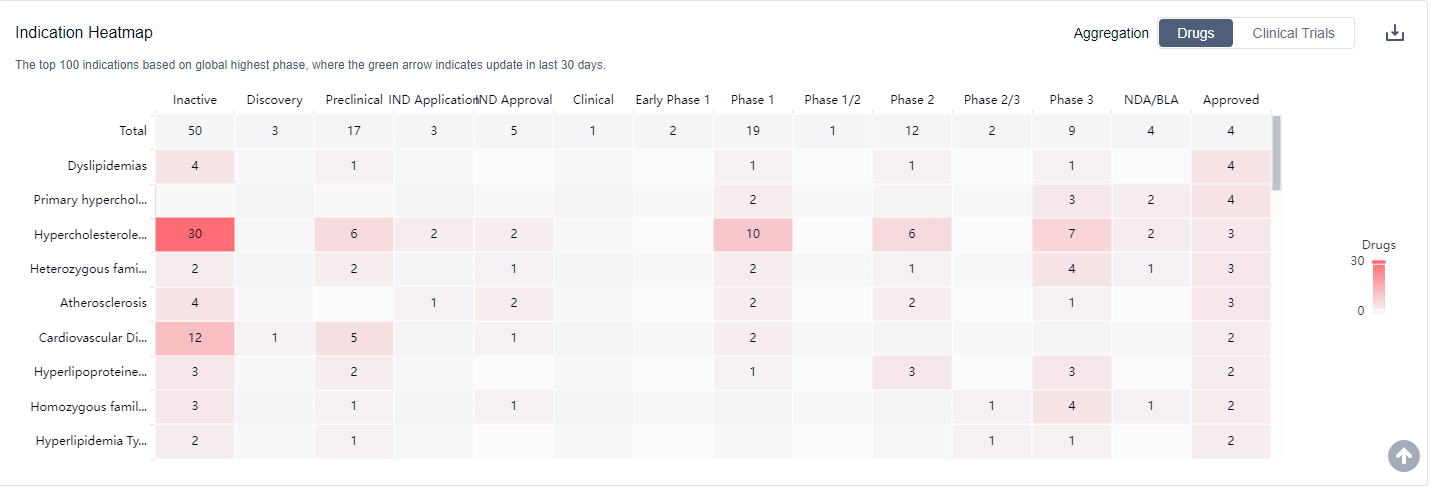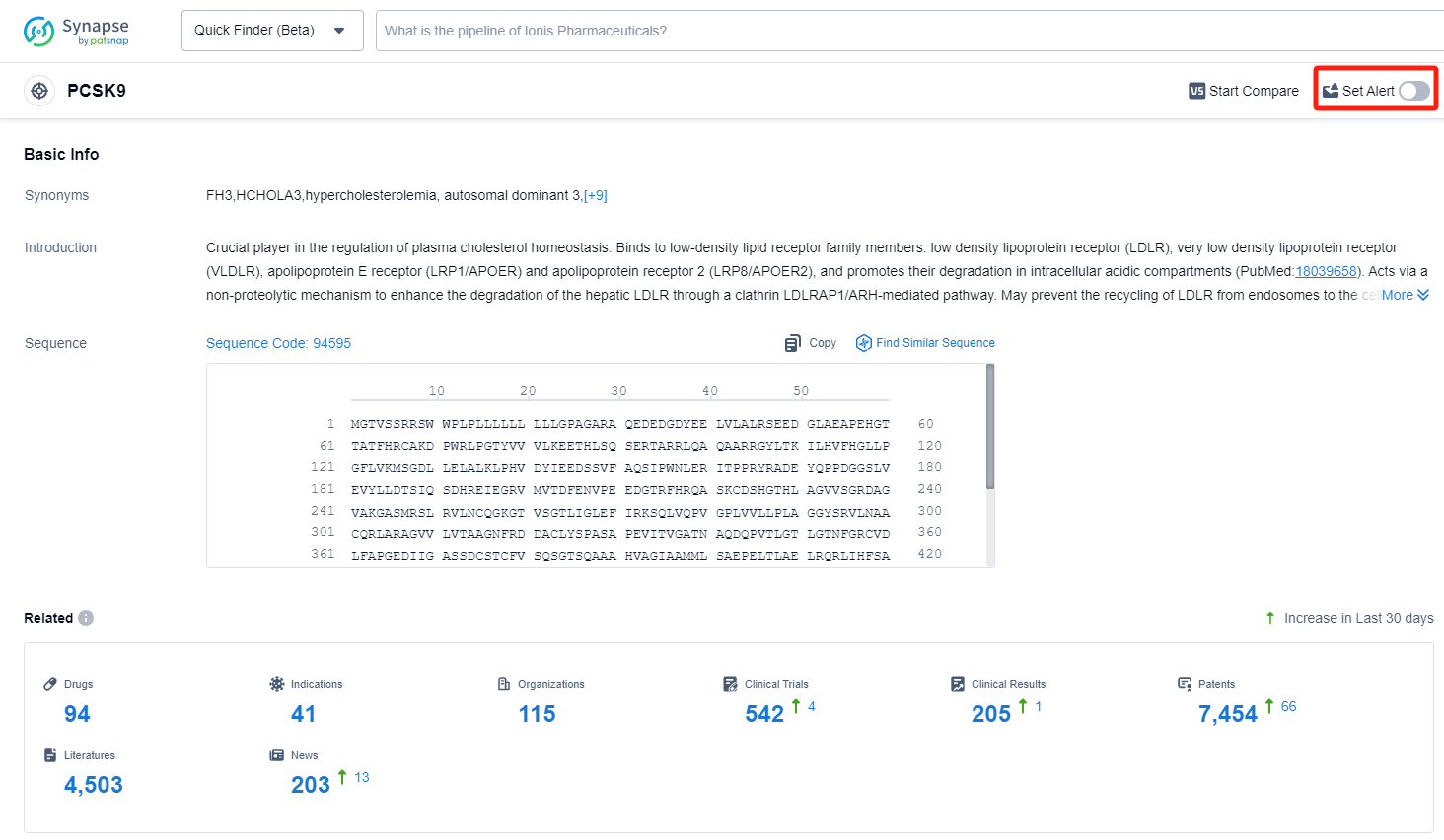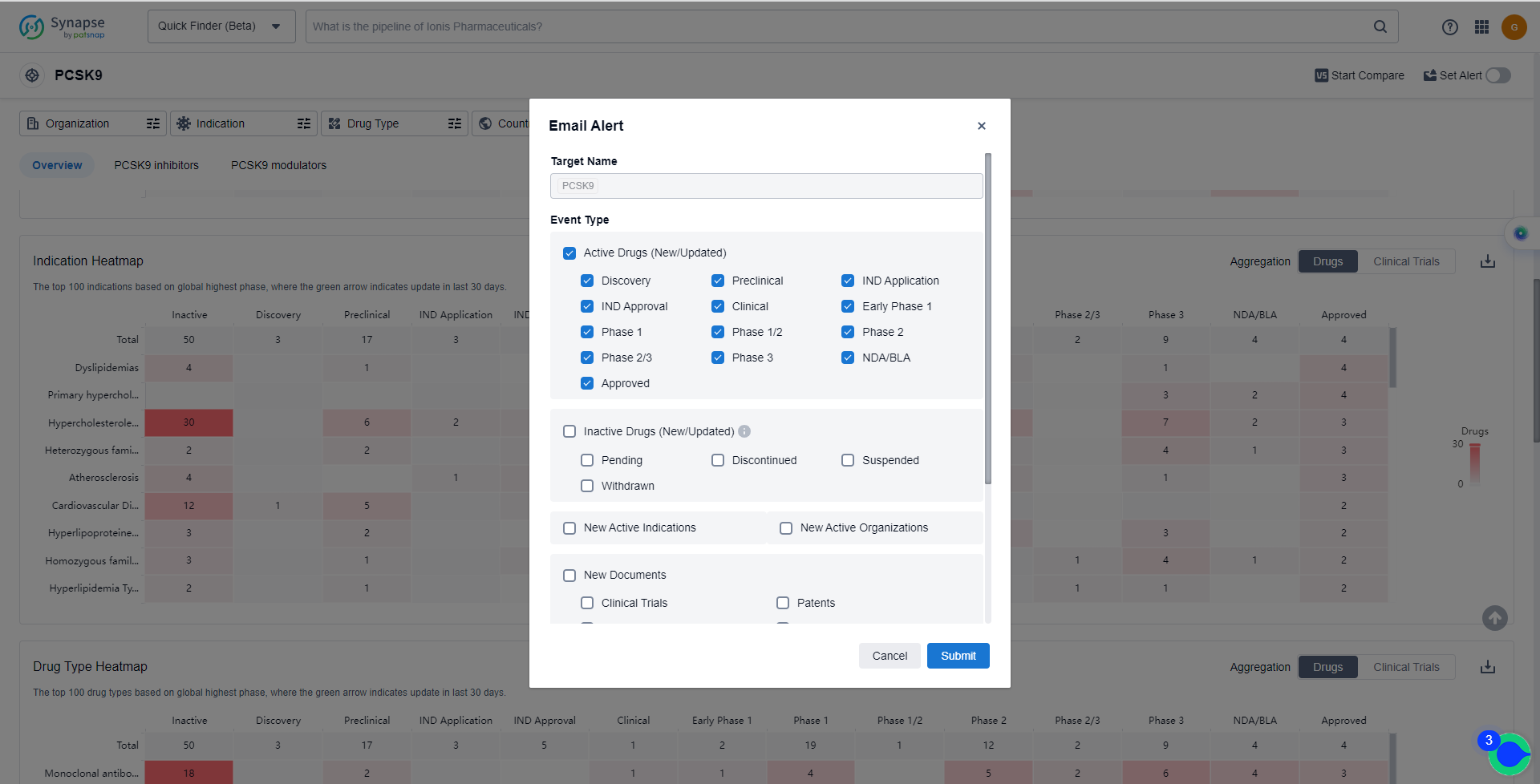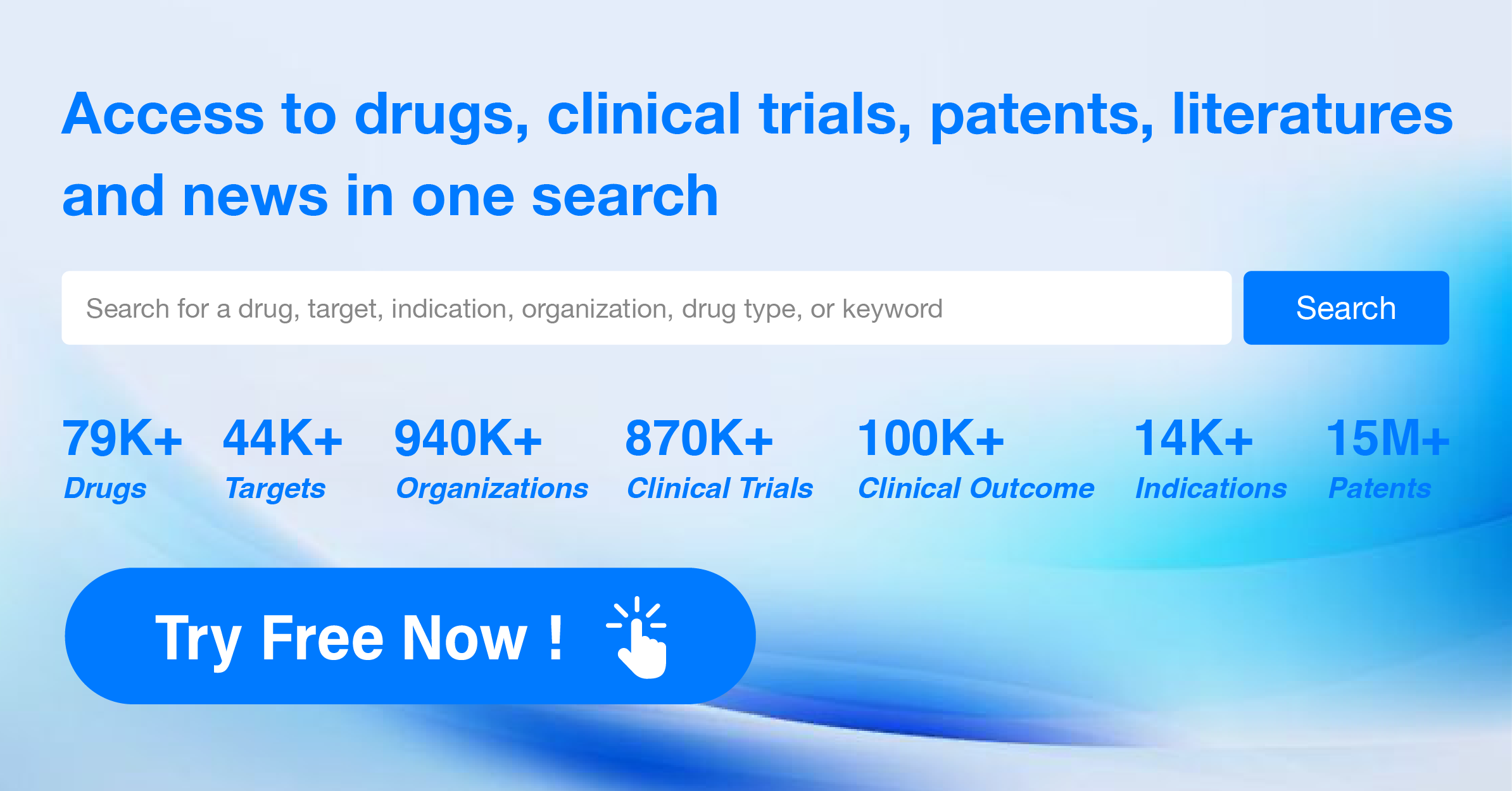Deciphering PCSK9 Inhibitors and Keeping Up with Their Recent Developments
PCSK9 (Proprotein Convertase Subtilisin/Kexin Type 9) is an enzyme found in the human body that plays a crucial role in regulating cholesterol levels. It is primarily produced in the liver and functions by binding to LDL receptors on the surface of liver cells, leading to their degradation. This process reduces the liver's ability to remove low-density lipoprotein (LDL) cholesterol from the bloodstream, resulting in elevated LDL levels. High levels of PCSK9 have been associated with increased risk of cardiovascular diseases. Understanding the role of PCSK9 has led to the development of PCSK9 inhibitors, a class of drugs that can effectively lower LDL cholesterol levels and potentially reduce the risk of heart disease.
Currently, PCSK9 inhibitors are mainly divided into four categories: McAb inhibitors, nucleic acid drugs, small molecule drugs, and vaccine drugs. The method of use for PCSK9 inhibitors is subcutaneous injection, with a frequency of once every two weeks or once a month, making it convenient to use. Moreover, they have a powerful lipid-lowering effect and have now become a new choice for lipid-lowering treatment. For patients with extremely high-risk cardiovascular diseases whose LDL-C still cannot reach the standard after treatment with large doses of statins or other lipid-lowering drugs, or patients who cannot tolerate statins, PCSK9 inhibitors may be a better choice.
The analysis of the target PCSK9 reveals a competitive landscape with multiple companies making progress in the R&D of PCSK9 drugs. Novartis AG, Amgen, Inc., and Regeneron Pharmaceuticals, Inc. are leading the way with approved drugs in their portfolio. The indications for PCSK9 drugs cover a wide range of cardiovascular and lipid-related disorders. Monoclonal antibodies and small interfering RNA are the most prominent drug types, indicating intense competition in the market. China, the United States, and the European Union are the key countries/locations driving the development of PCSK9 drugs. Overall, the target PCSK9 shows promising potential for future development in the pharmaceutical industry.
How do they work?
PCSK9 inhibitors are a type of medication used in biomedicine to treat high cholesterol levels. PCSK9 stands for proprotein convertase subtilisin/kexin type 9, which is an enzyme involved in the regulation of cholesterol metabolism. These inhibitors work by blocking the action of PCSK9, leading to increased clearance of low-density lipoprotein (LDL) cholesterol from the bloodstream.
LDL cholesterol is commonly referred to as "bad" cholesterol because high levels of it can contribute to the development of atherosclerosis and increase the risk of cardiovascular diseases such as heart attacks and strokes. By inhibiting PCSK9, these medications help lower LDL cholesterol levels, reducing the risk of cardiovascular events.
PCSK9 inhibitors are typically prescribed to individuals who have not achieved adequate cholesterol control through lifestyle modifications or statin therapy alone. They are administered as injections and are usually used in combination with other lipid-lowering medications to further optimize cholesterol management.
It is important to note that PCSK9 inhibitors are a relatively new class of drugs and their long-term safety and efficacy are still being studied. Commonly used PCSK9 inhibitors include evolocumab and alirocumab. These medications have shown promising results in reducing LDL cholesterol levels and improving cardiovascular outcomes in clinical trials. However, like any medication, they may have potential side effects and interactions with other drugs, so it is crucial to consult with a healthcare professional before starting or changing any medication regimen
List of PCSK9 Inhibitors
The currently marketed PCSK9 inhibitors include:
- Tafolecimab
- Inclisiran
- Alirocumab
- Evolocumab
- Ebronucimab
- JS-002 (Shanghai Junshi)
- Recaticimab
- Lerodalcibep
- MK-0616
- ATH-04
For more information, please click on the image below.
What are PCSK9 inhibitors used for?
PCSK9 inhibitors are typically prescribed to individuals who have not achieved adequate cholesterol control through lifestyle modifications or statin therapy alone. For more information, please click on the image below to log in and search.
How to obtain the latest development progress of PCSK9 inhibitors?
In the Synapse database, you can keep abreast of the latest research and development advances of PCSK9 inhibitors anywhere and anytime, daily or weekly, through the "Set Alert" function. Click on the image below to embark on a brand new journey of drug discovery!
